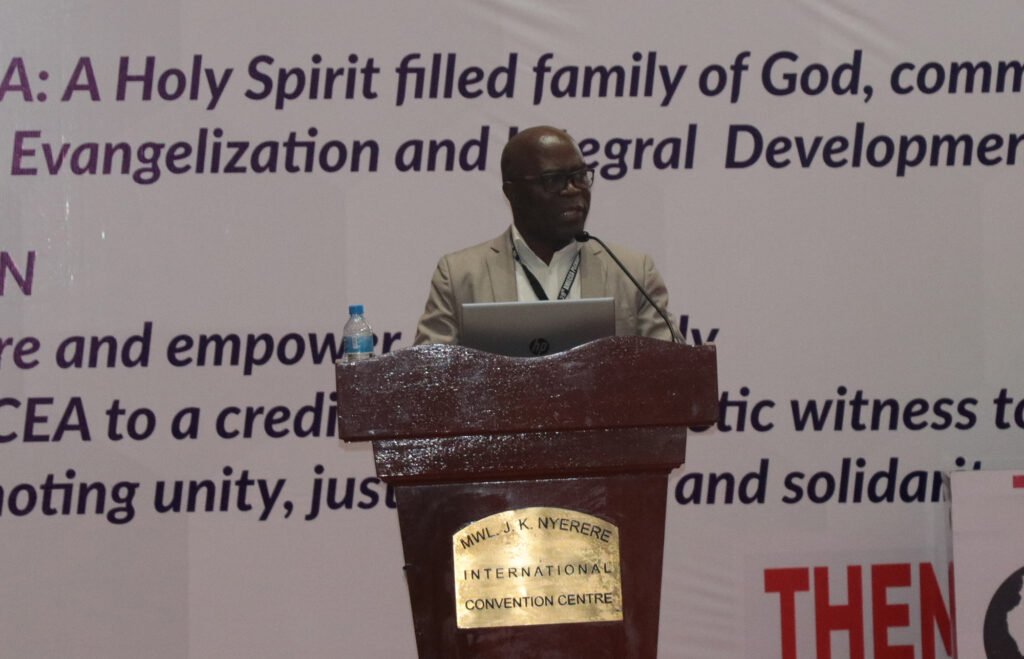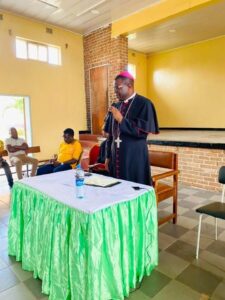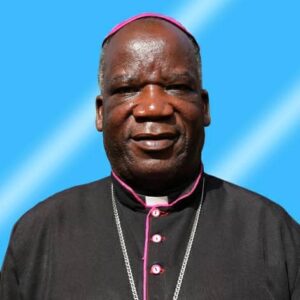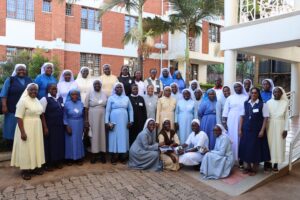AMECEA PLENARY: Communication Key in Laudato Si Implementation, Environmental Expert

Luke Bisani
An academician from the Lilongwe University of Agriculture and Natural Resources (LUANAR) in Malawi Dr. Steven Makungwa has recommended communication to be key in the successful implementation of the Laudato Si towards achieving positive results for the AMECEA 20th Plenary Assembly on the Environmental Impact on Integral Human Development.
In his presentation at the Bishop’s Assembly held in Dar es Salaam in Tanzania, Dr. Makungwa said the Catholic Church has so many opportunities towards having the theme bear fruitful results for the AMECEA region and the African continent at large.
He said the Church has admirably invested in communication channels that can be used to disseminate information in achieving the theme under discussion in Tanzania for the two-decade plenary.
“The Church has a lot of communication channels, you talk of radio, television stations, newspapers, and online platforms that can help to disseminate information towards reversing the trends on environmental degradation as we all strive to care for our common home shared by Pope Francis in Laudato Si,” said Dr. Makungwa.
The Lecturer at LUANAR added that the Church should look at also the Institutions of higher learning established by the Catholic Church as another opportunity in a fight against environmental degradation in the region.
He urged the Vice-Chancellors present at the plenary to consider introducing courses that may help in preventing environmental degradation in the region.
Dr. Makungwa further added that the existence of Small Christian Communities in the region provided also another opportunity towards winning the battle of saving mother nature as they provide grass-root interaction among members.
Since its establishment, the AMECEA member countries have strived to provide vibrant communication channels in the region. The AMECEA has witnessed the birth of National Catholic radio and TV stations in the region that have acted as mouth pierce for evangelization in their countries. These Channels have also addressed matters affecting the population in their respective countries.
The Region has also witnessed the establishment of regional Church radios owned by various Catholic Dioceses.


